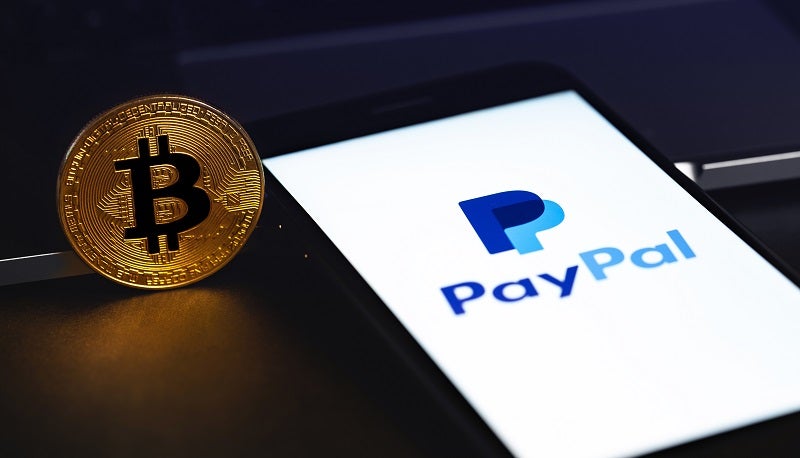Paypal takes a step further into crypto.
Global online payment giant PayPal has announced a new feature that will allow web3 merchants to accept cryptocurrency payments from their customers in the United States.
The feature, called PayPal On and Off Ramps, is an integration with PayPal’s existing service, which allows US consumers to buy and sell PayPal-backed cryptos.
PayPal On and Off Ramps will enable wallets, dApps and NFT marketplaces to integrate with PayPal’s payment platform, providing customers with a fast and seamless way to buy and sell crypto in the US. The feature will also benefit from PayPal’s fraud management, chargeback and dispute security controls and tools.
According to PayPal, Web3 merchants can take advantage of this feature by connecting to PayPal’s reliable payment experience and growing their user base. Additionally, crypto wallet users in the US can convert their crypto to USD directly from their wallet to their PayPal balance, so they can shop, send, save or transfer to their bank or debit card.
PayPal had this to say about the new feature:
“By adding Off Ramps, crypto wallet users in the US can convert their crypto into USD directly from their wallet to their PayPal balance so they can shop, send money, save or transfer to their debit or debit card.”
PayPal On and Off Ramps is now available to web3 merchants and is available on MetaMask, one of the most popular crypto wallets and browser extensions.
What is Web3?
Web3, short for “Web 3.0,” represents a new vision for the internet and digital technology. It envisions a fundamental shift in how the internet operates, emphasizing decentralization, user empowerment, and blockchain technology.
At its core, Web3 relies on blockchain technology, which is a distributed and secure ledger system. Blockchain enables transactions and data to be recorded in a decentralized and tamper-resistant manner, without the need for intermediaries. Ethereum, one of the most well-known blockchains, plays a central role in many Web3 applications.
One of the central tenets of Web3 is decentralization. Unlike the traditional internet model dominated by a few tech giants, Web3 aims to distribute power and control. It puts users at the center, allowing them to have more ownership and control over their data and digital experiences. This shift towards decentralization is facilitated by blockchain technology and smart contracts, which enable trust and automation in a transparent manner.
Web3 is not just about technology; it’s also about new ways of interacting online. It envisions a future where users can engage in peer-to-peer transactions, create and access decentralized applications (DApps), and participate in governance decisions for digital platforms. This empowers individuals and communities, reducing the influence of centralized entities.
In essence, Web3 represents a vision for a more open, equitable, and user-centric internet, underpinned by blockchain technology and decentralized principles. It’s still an evolving concept, but it has the potential to reshape how we interact, transact, and connect in the digital realm.
Is Paypal a good company?
PayPal finds itself in an ongoing competition with Square (SQ) in the cryptocurrency arena. Both payment giants have rolled out applications designed to offer users discounts, installment options, and the ability to purchase cryptocurrencies.
Originally, PayPal’s Venmo and Square’s Cash App started as platforms for person-to-person money transfers, primarily used among family and friends. However, these apps have since evolved into comprehensive consumer financial service platforms, propelling their growth within the rapidly expanding digital payments landscape.
In late 2020, PayPal introduced its cryptocurrency trading service, enabling clients to buy and sell Bitcoin. Furthermore, PayPal users gained the ability to use cryptocurrencies for shopping at the extensive network of 28 million merchants, a feature initiated in 2021.
On April 20, 2021, PayPal made another significant move by introducing cryptocurrency support on Venmo. This new functionality allowed customers to engage with three different types of cryptocurrencies, along with Bitcoin Cash, while also providing access to crypto trends and facilitating transactions.
However, on September 20, 2021, Susquehanna analyst James Friedman downgraded PYPL stock from a “buy” to a “neutral” rating. Friedman’s rationale revolves around his belief that a significant portion of PayPal’s future growth will stem from its Braintree unit, which encompasses the Venmo payment service. Nonetheless, the challenge facing PayPal’s stock lies in the unit’s relatively low profit margins.


